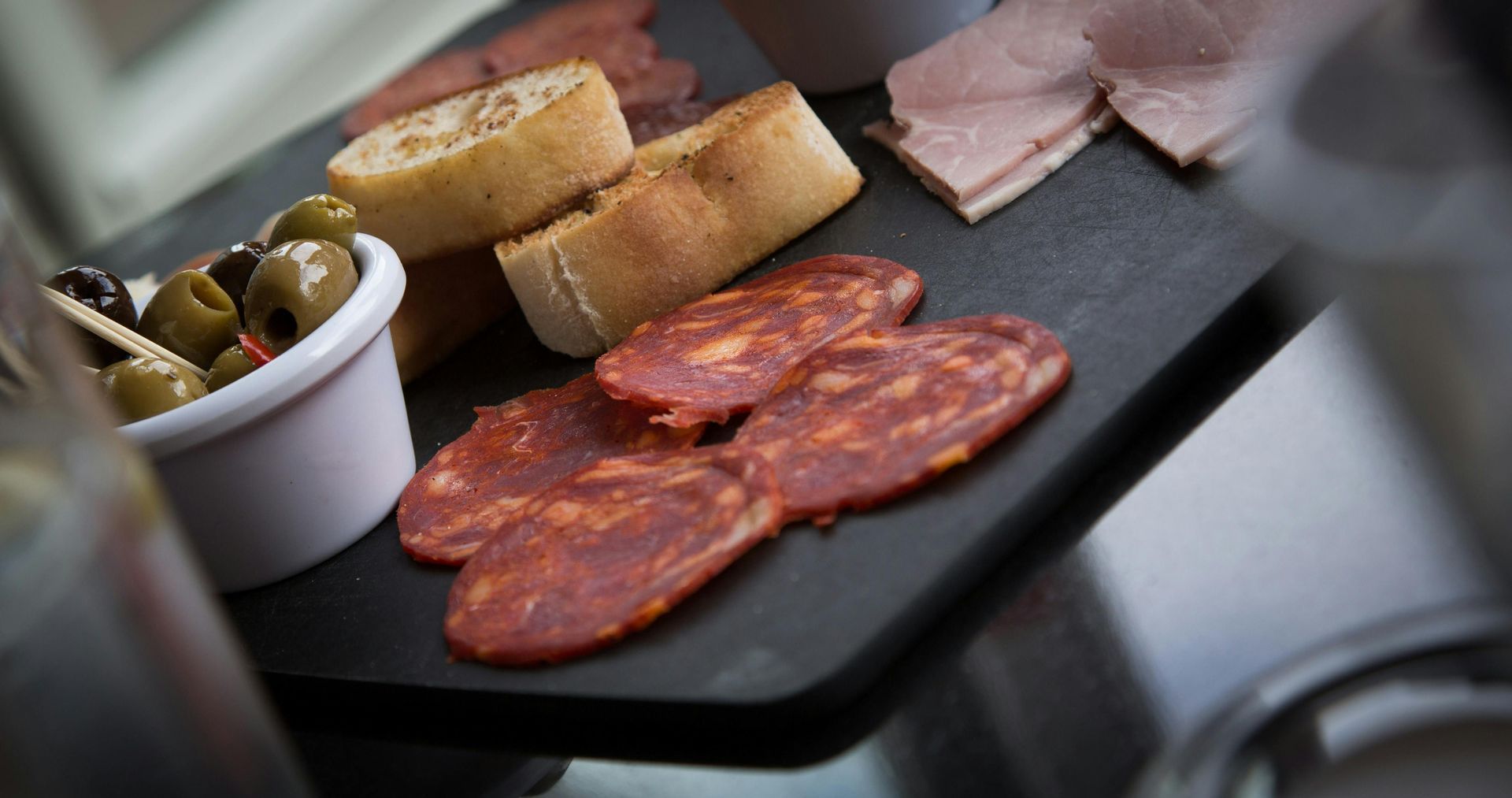News


Could goat salami be the next big trend in Australian supermarkets?
Meat & Livestock Australia (MLA) and
The Gourmet Goat Lady believe so, after recently completing an Australian goatmeat salami proof-of-concept project.
Goat Production Up. Consumption? Not Yet.
Australia is the world's biggest goatmeat exporter, while in an ironic twist, we're also the least likely to eat it.
As a nation, we produce 44 per cent of the world's goatmeat exports. In 2024, we exported 51,489 tonnes swt, an increase of 51.9 per cent on 2023. In fact, MLA's 2025 global goatmeat snapshot said Australian production had increased by 248 per cent since 2020.
But, only 9 per cent of domestic goat meat is consumed locally.
Jo Stewart, founder of The Gourmet Goat Lady, says she often finds herself telling people "there's more to goat than curry".
Award-Winning Goat Salami Project A Success
The MLA and The Gourmet Goat Lady worked with smallgoods producer Papandrea Fine Foods to ensure that goat salami could be manufactured safely and meet regulatory requirements for sale in Australia, achieving approval from the NSW Food Authority.
The initiative aims to position value-added Australian goatmeat as a premium offering for consumers seeking pork-free alternatives.
The project found that there was significant potential for goatmeat smallgoods, both domestically and abroad.
A finding that was confirmed when their product won gold at the 2025 Melbourne Royal Australian Food Awards in the champion smallgoods section.
“Winning a gold medal at the 2025 Melbourne Royal Australian Food Awards for our goat salami is a proud moment,” Jo Stewart, founder of The Gourmet Goat Lady, said.
“It reflects not only the craftsmanship behind the product but also the rigorous research and development process we undertook with MLA and Papandrea Fine Foods."
The gold medal, awarded in the “Champion Smallgoods” category among 182 entries, recognises outstanding flavour, balance, texture and craftsmanship – setting a benchmark for excellence in the Australian food industry.
Goatmeat On The Rise
Reflecting on the significance of this achievement for the industry, MLA’s Group Manager for Science and Innovation at MLA, Michael Lee, said the project opens new opportunities for goatmeat both domestically and abroad.
“This project demonstrates the potential for goatmeat to move further up the value chain through a safe, high-quality smallgoods product,” Mr Lee said.
“Given that goatmeat is consumed globally with few religious or cultural taboos against its consumption, the potential scope and reach of the market for goatmeat smallgoods is significant.”
Rigorous testing throughout production validated food safety, and approval was granted for the trial recipe. The process closely mirrors traditional salami manufacturing, making integration into existing smallgoods operations straightforward.
Importantly, farmed goatmeat provided sufficient fat for an 80:20 meat-to-fat ratio, delivering a lean yet high-quality product compared to the typical 70:30 ratio in pork salami.
This ensures a leaner product while maintaining quality and sensory attributes. Importantly, the manufacturing process mirrored that of other uncooked comminuted fermented meat (UCFM) products, meaning goat salami can be integrated into current smallgoods production systems without significant operational changes.
Additional safety measures, such as freezing raw inputs and enhanced microbial testing, were found to be practical and economically viable.
“For regular salami or deli meat buyers, goat salami represents a gourmet, artisanal alternative that aligns with growing interest in unique, high-quality products," said Mr Lee.
Jo and Craig Stewart will be showcasing their award-winning goat salami at MLA’s Carcase Utilisation Hub during the upcoming MLA Updates event in Adelaide on 20 November.
Sources: Farm Online, ABC, MLA
Get the latest industry updates
Contact Us
We will get back to you as soon as possible.
Please try again later.




